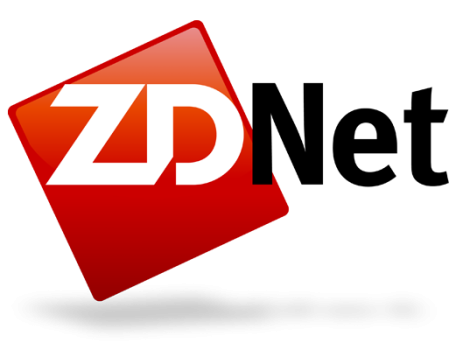K
Kathleen Martin
Guest
As the people charged with designing, building, and deploying artificial intelligence -- from data engineers to developers -- recognize, AI is a powerful mechanism for amplifying human knowledge, skills, and efficiency. But how can AI proponents employ AI to fix a moribund or toxic corporate culture? That's probably the most vexing challenge with AI rollouts.
Entrepreneurs and experts at the front lines of the AI revolution recognize this is a hurdle technology alone can't solve, "AI cannot solve issues where there are already underlying problems, like a company's culture or lack of trust from a customer base," says Stephan Baldwin, founder of Assisted Living Center. "These are fostered by principles that shape the everyday inner and outer workings of a company."
One of the challenges, Baldwin points out, us "artificial Intelligence models act based on historical data, meaning they're prone to biases that we humans had when gathering information. Sometimes, an automated process doesn't take into account the people it governs."
The challenge, then, is to put people first in any and all AI projects. AI practitioners make the following recommendations for building a people-centric, yet AI-driven culture:
Extend ownership and responsibility for AI beyond the IT department. AI needs to be an enterprise-wide initiative, with all parties involved. "Successful and productive deployment of AI is a cross-functional effort far beyond just data science," says Dr. Michael Wu, chief AI strategist at PROS. "Extended teams need to range from the technical side, involving IT and cloud operations for security and data governance, to the business side, involving change management, training for education, adoption, best practice."
Recognize that AI is simply code. It is not some mysterious dark art capable of outsmarting humans. "AI is no longer magic, and enterprises now seem to understand this," says Beerud Sheth, co-founder and CEO of Gupshup. "AI is not trying to replace humans but enable a more human-like conversation that has the power of automation and intelligence a machine could have."
Target AI to areas where it is most impactful. The best parts of the enterprise to promote and launch AI varies greatly across industries, Wu points out. "But the common theme is that organizations must have a reliable source of clean and rich data as a by-product of normal business operations," he says, "For example, companies with large support centers often keep a good operational record of the incidences and resolutions. Transaction data in sales organizations tends to be fairly clean as it's required for good accounting practices. This data will continue to fuel their AI/ML as it learns. On the other hand, although marketing organizations also have a lot of data, they are often noisier and often require cleaning before they can be used in production AI and ML."
Continue reading: https://www.zdnet.com/article/7-ways-to-make-the-wider-enterprise-comfortable-with-artificial-intelligence/
Entrepreneurs and experts at the front lines of the AI revolution recognize this is a hurdle technology alone can't solve, "AI cannot solve issues where there are already underlying problems, like a company's culture or lack of trust from a customer base," says Stephan Baldwin, founder of Assisted Living Center. "These are fostered by principles that shape the everyday inner and outer workings of a company."
One of the challenges, Baldwin points out, us "artificial Intelligence models act based on historical data, meaning they're prone to biases that we humans had when gathering information. Sometimes, an automated process doesn't take into account the people it governs."
The challenge, then, is to put people first in any and all AI projects. AI practitioners make the following recommendations for building a people-centric, yet AI-driven culture:
Extend ownership and responsibility for AI beyond the IT department. AI needs to be an enterprise-wide initiative, with all parties involved. "Successful and productive deployment of AI is a cross-functional effort far beyond just data science," says Dr. Michael Wu, chief AI strategist at PROS. "Extended teams need to range from the technical side, involving IT and cloud operations for security and data governance, to the business side, involving change management, training for education, adoption, best practice."
Recognize that AI is simply code. It is not some mysterious dark art capable of outsmarting humans. "AI is no longer magic, and enterprises now seem to understand this," says Beerud Sheth, co-founder and CEO of Gupshup. "AI is not trying to replace humans but enable a more human-like conversation that has the power of automation and intelligence a machine could have."
Target AI to areas where it is most impactful. The best parts of the enterprise to promote and launch AI varies greatly across industries, Wu points out. "But the common theme is that organizations must have a reliable source of clean and rich data as a by-product of normal business operations," he says, "For example, companies with large support centers often keep a good operational record of the incidences and resolutions. Transaction data in sales organizations tends to be fairly clean as it's required for good accounting practices. This data will continue to fuel their AI/ML as it learns. On the other hand, although marketing organizations also have a lot of data, they are often noisier and often require cleaning before they can be used in production AI and ML."
Continue reading: https://www.zdnet.com/article/7-ways-to-make-the-wider-enterprise-comfortable-with-artificial-intelligence/

